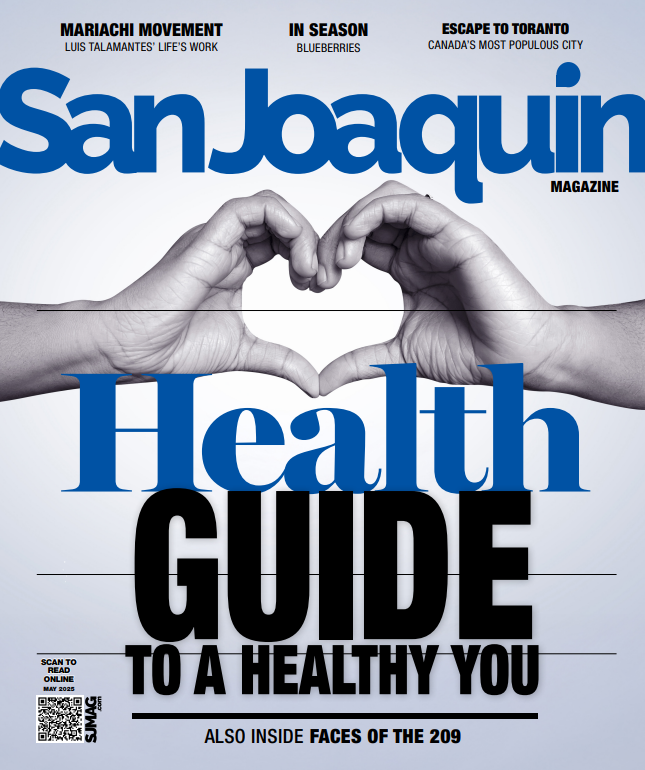
For many people, one of the toughest aspects of a Type II diabetes diagnosis is learning how to alter one’s diet. If you’ve recently been diagnosed with diabetes and are looking for a refresher on what you should and shouldn’t eat, or if you’re simply looking to change your diet to avoid a potential diabetes diagnosis, here are some tips on what to eat and what to avoid.
PROTEINS
Protein is a vital part of everyone’s diet, as it can help keep you satiated for longer, which in turn can promote weight loss. Diabetics should make sure to get plenty of lean proteins that are low in saturated fats, so say yes to canned tuna in water, skinless chicken, and raw unsalted nuts. Avoid sugary sweetened nuts, as well as deli meats and hot dogs, which are processed and contain high amounts of sodium.
GRAINS
While you may think you need to avoid carbs altogether, whole grains that are rich in vitamins and filling fiber should very much be a part of your diet. This is just a case of simple substitution – instead of white rice, white bread, or white pastas, reach for brown or wild rice, whole-grain breads, and whole wheat pastas.
VEGETABLES
The key to making sure your vegetable intake is as healthy as possible is to avoid consuming anything too starchy. Stick to greens (like spinach and kale), asparagus, and cruciferous veggies like broccoli and cauliflower. Vegetables to consume in moderation include corn, potatoes (sweet or white), and peas.
FRUITS
As nature’s very own candy, fruit is something else you’ll want to enjoy in moderation. Make sure to opt for high-antioxidant fruits as opposed to fruits that have a higher glycemic index. Consider noshing on apples, berries, and apricots, but avoid dried fruit, canned fruit, and fruit juices. Sweeter fruits, like mangos, pineapples, and grapes should be carefully portioned out, lest you eat too much.
FATS
When it comes to fats, saturated and trans fats are the ones to avoid, and this can usually be done by looking for the term “hydrogenated” on the packages of processed snacks. Fast foods and full-fat dairy products are also unhealthy, so seek out foods like avocados, salmon, and edamame for your healthy fat sources. The oils you cook in make a difference, too: avoid coconut and palm oils, and opt for plant-based oils instead.

